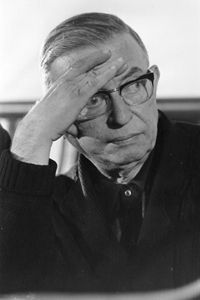Did you have a happy childhood? Do you remember Christmas morning or your birthday, when you woke up and knew there were presents just for you waiting around the corner? Do you remember the lights on the tree or the candles glowing atop the birthday cake as your family and friends serenaded you? Did you feel happy?
Let's consider the presents themselves. What did you get for, say, your eighth birthday? Don't try to think too hard; in fact, you might find that the things that elevated you to the pinnacle of happiness at the age of 8 only created a fleeting pleasantness that faded within a short time. Actually, researchers have pinned down just how long material objects make us happy -- and it's only between six and 12 weeks [source: Landau]. As much as you may have desired a certain toy, once you had it, you grew bored or accustomed to it, and the pleasure you derived from it faded.
Advertisement
Researchers believe that gaining happiness from objects -- called materialism in the psychology literature -- affords us much less pleasure than another mechanism of happiness, experience. Experientialism, or using experiences to derive pleasure, appears to make us much happier than materialism. Precisely why remains a matter of debate.
Do experiences really make us happier than objects? Consider our earlier example: If objects made us happier, you would remember most of the gifts you received for a past birthday. Instead, we tend to remember the context surrounding those gifts more clearly -- the birthday party, Christmas morning, a Valentine's Day dinner. We don't remember the gift as much as we remember the experience surrounding the gift.
Advertisement



